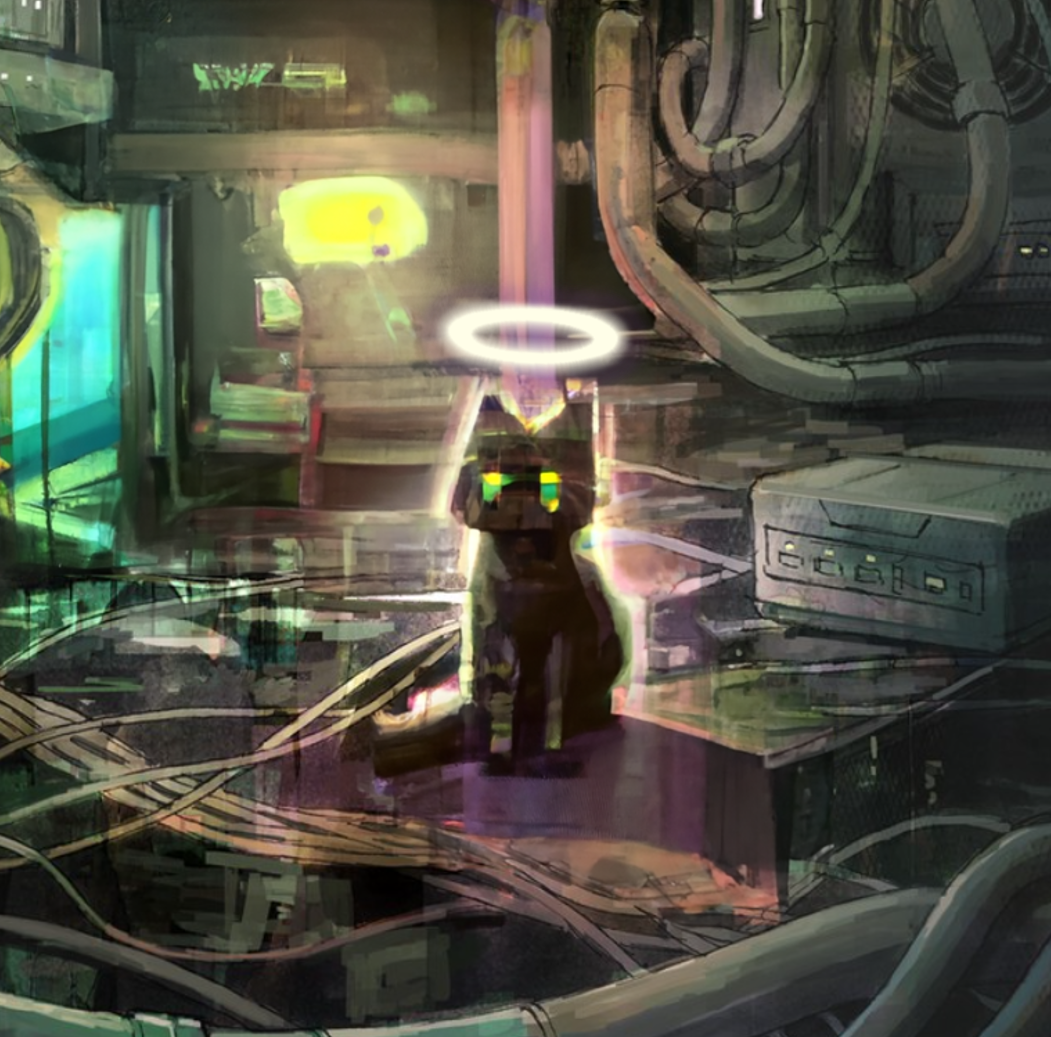 mesitylene oxide
mesitylene oxide
The Double-Edged Sword of Impostor Syndrome
breadth or depth?
This one is short, I just had the sudden urge to write it at 2am.
I used to be pretty good at chemistry. Well, I’m still decent I think, but it used to be my big passion and something I was proud of. Over the past year or two, however, I have spent more time on other things; I knew so many people who were good at not chemistry, especially maths (my best friend studies mathematics and most of the smart kids at school were math Olympiad competitors). I felt dumb for not knowing other things and it undermined my self esteem.
Now my progress in chemistry has stalled, I am rusty and now feel like an impostor within this field. Ultimately one has to choose between pouring all points into one path of the tech tree, so to speak, and feel anxious about being bad at the other things, or to spread out the points across multiple branches and be less good at any particular one - jack of all trades, master of none…
Salviati, raising his fist to the air and proclaiming loudly: Bullshit! Life is long if you know how to live it, and you are yet so young and inexperienced, you have only made but the first steps up the steep ascent of the mountain of knowledge. Think of Newton or von Neumann - they were not just masters but leading the very forefront of human knowledge across the whole spectrum of the sciences! Your shift in focus doesn't diminish your expertise in chemistry; it just means you're exploring different aspects of the vast landscape of knowledge.
Simplicio, with a concerned look: But Salviati, what if the fear of not excelling in every field becomes a barrier to success? Our friend here is worried about feeling like an impostor in a single field, and spreading oneself too thin might indeed lead to a lack of mastery.
Salviati, leaning forward: Ah, Simplicio, but mastery comes in various forms. It's not always about knowing everything about a single subject. Specialisation has its merits, of course, but being a polymath brings a unique perspective. Besides, true impostor syndrome arises when we doubt our abilities without reason. Our friend here is simply navigating different domains, enriching her understanding of the world.
Sagredo, nodding in agreement: Simplicio, our choices in life often involve trade-offs. It's about finding a balance that aligns with our passions and goals. Mastery in one field can coexist with proficiency in others. For example, a university degree up to the Masters level in any one subject only takes 4-5 years of work. The key is to appreciate the journey of learning, without letting the fear of inadequacy hold us back…
Simplicio, thoughtful: But Sagredo, doesn't society often celebrate specialists? Look at the admiration for experts in specific fields. When companies look to employ they generally don’t care about interdisciplinary experience as much as expertise, and indeed teams of collaborating experts perform better than teams of multi-disciplinarians. Won't our friend face challenges if she spread herself across multiple areas?
Salviati, smiling: True, Simplicio, but society is evolving. Interdisciplinary knowledge is gaining recognition. All the interesting work nowadays is interdisciplinary. Our friend might be on the cusp of discovering connections and insights that a narrow focus might have obscured.
Sagredo, with a gentle tone: Indeed, Simplicio, the fear of being an impostor can be mitigated by realising that each path, whether specialised or diverse, has its own set of challenges and rewards. It's about aligning our choices with our values and passions. If we allow ourselves to be swayed by comparison to others, the grass will always look greener on the other side.
There is a distinction to be made here between knowledge/expertise being instrumentally useful for something like a career or job, and knowledge just for the sake of fascination with the world (philosophical debate to be had somewhere in here but I will steer clear of that can of worms). For the former you might need something like a 3 month webdev bootcamp with some leetcode grinding or a 2 year masters program (or just an internet connection and some dedication), either way not actually that much when you think about it. For the latter, comparing yourself to others literally makes no sense. As Sagredo said, its just about aligning our choices with our values and passions, and fundamentally with what believe to be our purpose in life.



